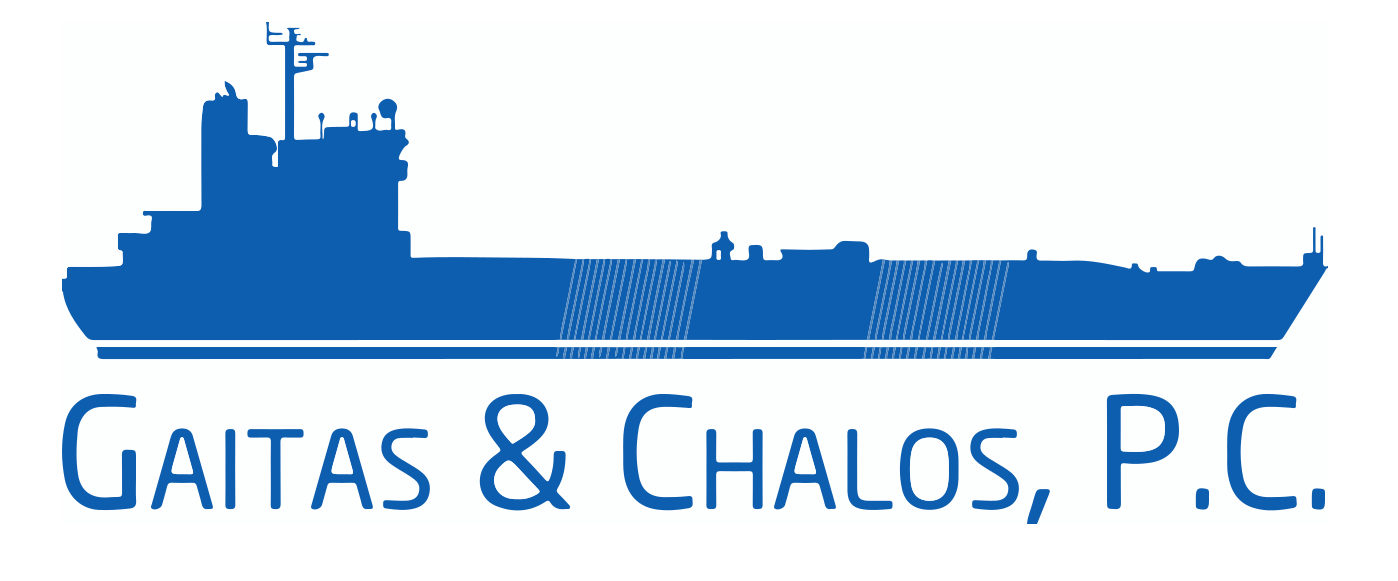MARITIME CLAIMS TIME BARRED BY LACHES
Leopard Marine & Trading, Ltd. v. Easy Street, Ltd., No. 13-cv-1356, 2018 U.S. App. LEXIS 19270 (2d Cir. 2018).
Under American admiralty law, a maritime claim can become time-barred if the person possessing the claim fails to take timely action to enforce it. This applies whether the claim sounds in contract or tort. There is no statutory prescription for admiralty claims, so unlike state law claims there is no express statute of limitations applicable to maritime claims. A defendant can, however, raise the equitable defense of laches when a plaintiff prejudices a defendant by permitting an unreasonable and inexcusable delay before asserting his claim. This fundamental principle of American maritime law was recently reaffirmed by the Second Circuit Court of Appeals in the case of Leopard Marine & Trading, Ltd. v. Easy Street, Ltd., No. 13-cv-1356, 2018 U.S. App. LEXIS 19270 (2d Cir. 2018).
In Leopard Marine, the registered vessel owner sued the fuel-supplier for a judgment declaring the supplier’s maritime lien claim time-barred based on the defense of laches. Affirming the continued importance of this principle in American admiralty jurisprudence, the Court of Appeals upheld the District Court’s judgment declaring the maritime lien claim time-barred.
The Court of Appeals held that there is no fixed period of time that must elapse for a suit to be barred by the doctrine of laches. The ultimate test for laches is whether there has been (1) inexcusable delay in pursuing the claim, and (2) prejudice to the party against whom the claim is being enforced. Both of these factors must be present for a claim to become time-barred by laches. American admiralty courts will be guided by the state statute of limitations governing the claim at issue as the presumptive period during which the claim should have been sued upon.
Whether or not the plaintiff’s delay in bringing suit is excusable depends on whether he exercised reasonable diligence to pursue his claim. A laches defense may be justifiable where delay diminishes a party’s ability to absorb a loss. Examples of cases where this principle applies are cases in which the passage of time has caused the defendant to lose its right of indemnity for the claim from a third party, e.g., from a charterer or an insurer.
In the case before the court, the reluctance of the bunker supplier to pursue its legal claim against the time charterer, evidently for its own commercial reasons, should not result in the vessel owner’s paying the price for the maritime lienor’s choice to delay taking enforcement action. The bunker supplier’s delay in bringing suit to enforce its claim prejudiced the vessel owner’s right to seek indemnity from the time charterer before the time charterer’s subsequent insolvency.
The affirmance of these principles which are fundamental in American admiralty jurisprudence underscores the importance of taking timely action to enforce maritime claims that may be lost by undue delay and resultant prejudice to the defendant. The right to enforce a maritime claim must be asserted in a timely fashion, or it may be forever lost based on the defense of laches.
The Leopard Marine decision is also important for the Second Circuit’s in-depth consideration of an admiralty court’s in rem jurisdiction. The full text of the decision can be found here.


